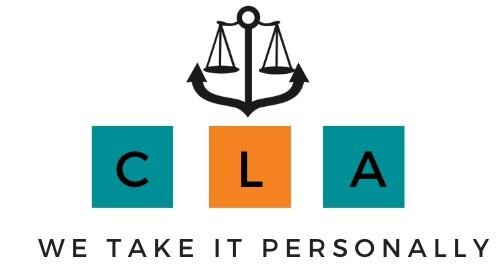The right to personal liberty is one of the most cherished principles of justice. However, in situations where a person fears arrest on false or exaggerated allegations, the legal remedy of anticipatory bail becomes essential. Governed under Section 438 of the Code of Criminal Procedure (CrPC), 1973, anticipatory bail is a pre-arrest legal provision designed to safeguard individuals from unnecessary detention.
Unlike regular bail, which is granted after arrest, anticipatory bail provides protection in advance. It empowers individuals to approach the High Court or Sessions Court and seek relief, ensuring that they cannot be taken into custody without judicial scrutiny. This safeguard balances the powers of law enforcement with the fundamental rights of citizens.
Key Features of Anticipatory Bail Law:
- Preventive in Nature: Protects individuals from arrest in non-bailable offenses.
- Judicial Discretion: Courts carefully assess the seriousness of allegations, the applicant’s conduct, and the possibility of misuse of law.
- Conditions of Bail: The court may impose conditions such as cooperation with investigation, non-interference with witnesses, or restriction on travel.
- Not Absolute: Anticipatory bail may be denied in cases involving grave offenses like heinous crimes or matters affecting public interest.
Anticipatory bail law ensures that the criminal justice system is not misused as a tool of harassment or personal vendetta. It upholds the principle that “an accused is presumed innocent until proven guilty.”
In today’s time, where disputes may often escalate into criminal allegations, anticipatory bail serves as a vital protection of personal liberty. It strengthens trust in the judicial system by ensuring fairness, preventing unnecessary arrests, and protecting the dignity of individuals.

